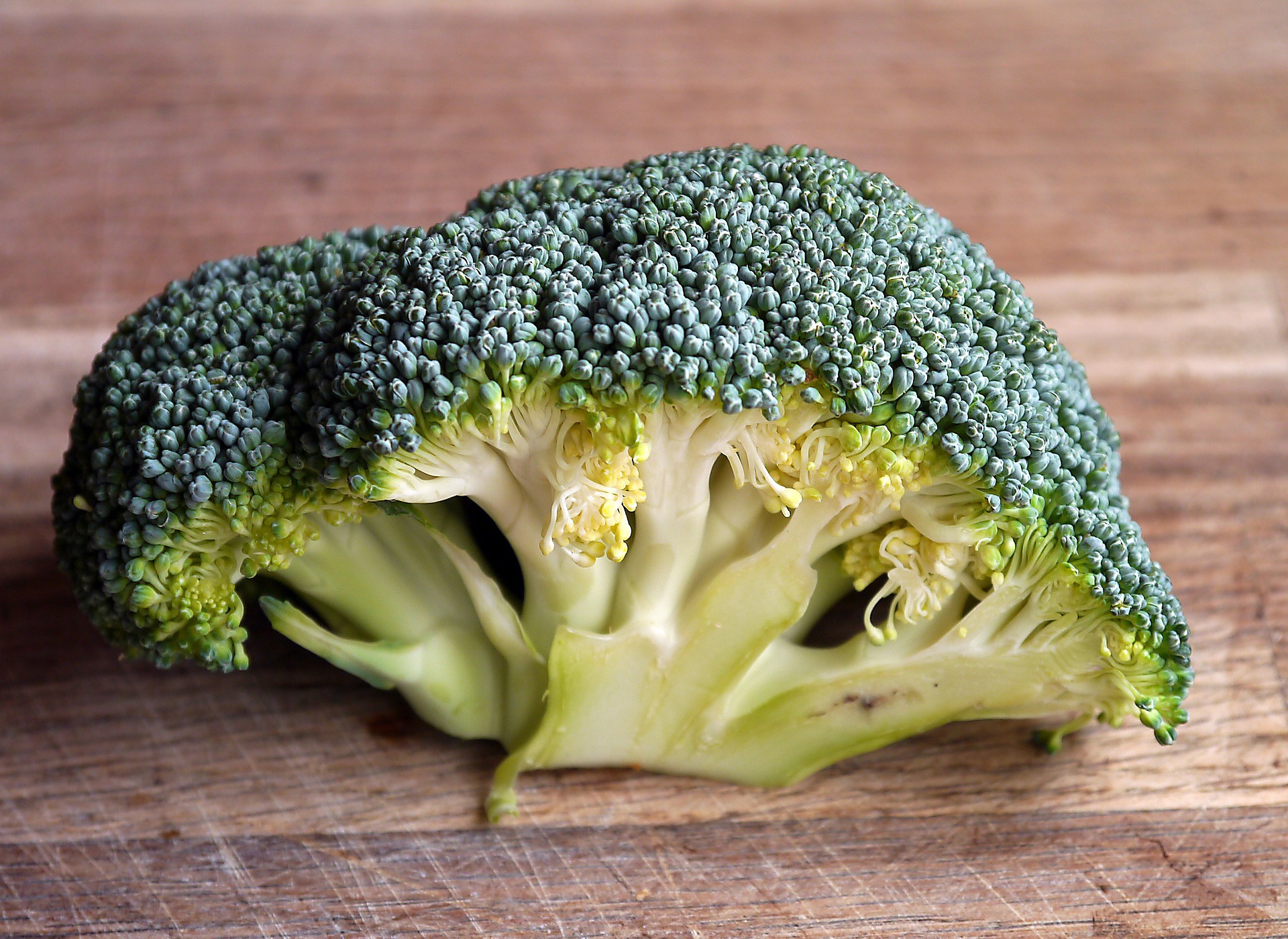News release
From:
Title: Acquired immunity against random food allergens may protect some lucky people against Covid-19
Subtitle: Study is the first to find evidence that many common foods, vaccines, viruses, and bacteria could prime the immune system to resist SARS-CoV-2
Summary: A new study has investigated the potential of proteins in common foods to elicit protection against SARS-CoV-2. The researchers found that antibodies that bind SARS-CoV-2 can also bind to proteins in certain foods, viruses, vaccines, and common bacteria. The results suggest that exposure to such agents may confer some protective immunity to Covid-19, but further research is needed to confirm this.
Main text: Why do some people become seriously ill with Covid-19, while others have no symptoms at all? The answer may lie in the proteins our immune system has previously been exposed to. A recent study in open-access journal Frontiers in Immunology finds that common foods, vaccines, bacteria and viruses may all prime our immune system to attack SARS-CoV-2, the virus that causes Covid-19. These agents all contain proteins that are similar to those found in SARS-CoV-2. As such, exposure to these proteins may train our immune system to respond when it encounters the virus. The study paves the way for new immunotherapies or vaccines that lead to stronger immunity against Covid-19.
SARS-CoV-2: comfort in the familiar?
SARS-CoV-2 is new, and the pandemic can make it feel like an alien invader from another planet. However, it actually shares features with many existing biological molecules.
As a member of the coronavirus family, SARS-CoV-2 shares many characteristics with other viruses, but the similarities don’t end there. Proteins present in bacteria, human cells, vaccines, and even foods may all share similarities with those in SARS-CoV-2. The researchers behind this latest study hypothesized that similarities between SARS-CoV-2 and other common proteins may affect our susceptibility to the virus.
When our body is attacked by a pathogen, such as a virus or bacterium, it launches an immune response that involves antibodies. These immune proteins stick to specific parts of the pathogen and contribute to its destruction. After the initial infection has subsided, white blood cells called memory T and B cells will retain a memory of the pathogen, or at least certain parts of its structure. These cells will be ready to mount an immune response very rapidly if they ever encounter the pathogen again.
Testing antibody cross-reactions
Could such an ‘immune memory’ to proteins we have encountered in our past underly immune resistance and reduced susceptibility to Covid-19? To begin to test this hypothesis, these researchers investigated whether antibodies that target proteins in the SARS-CoV-2 virus could also bind to proteins in other agents, such as foods or common bacteria.
The researchers tested the ability of these antibodies to bind to 180 different proteins from common foods, two different vaccines, and 15 bacterial and viral proteins. The antibodies reacted most strongly with a common gut bacterium called E. faecalis and a vaccine against diphtheria, tetanus, and pertussis. Interestingly, they also reacted very strongly against proteins found in common foods, including broccoli, roasted almonds, pork, cashews, milk, soy, and pineapple.
Eat for immunity?
Unfortunately, you will likely not be able to eat your way to Covid-19 immunity. ‘Immunity’ against a food type, for instance, is typically characterized by a food allergy. “Usually only people with leaky gut can make antibodies against food, so I wouldn’t actually recommend eating foods that give you leaky gut, because this would give you a whole new set of problems,” said Dr Aristo Vodjani of Cyrex Laboratories in Arizona, lead author on the study.
Indeed, the researchers caution that although these agents could potentially provide some protection from SARS-CoV-2, they don’t envisage them as a replacement for current vaccines. In addition, further testing is needed to confirm that these proteins do indeed confer some protection, and if so, whether it is mediated through a short-lived antibody response or a longer-term memory cell response.
The findings may shed some light on our variable responses to Covid-19 infection. With more research, these results could lead to more effective treatments or better vaccines against the virus. Another application may lie in assessing an individual’s susceptibility to the virus before they have even been infected.
###



 International
International



